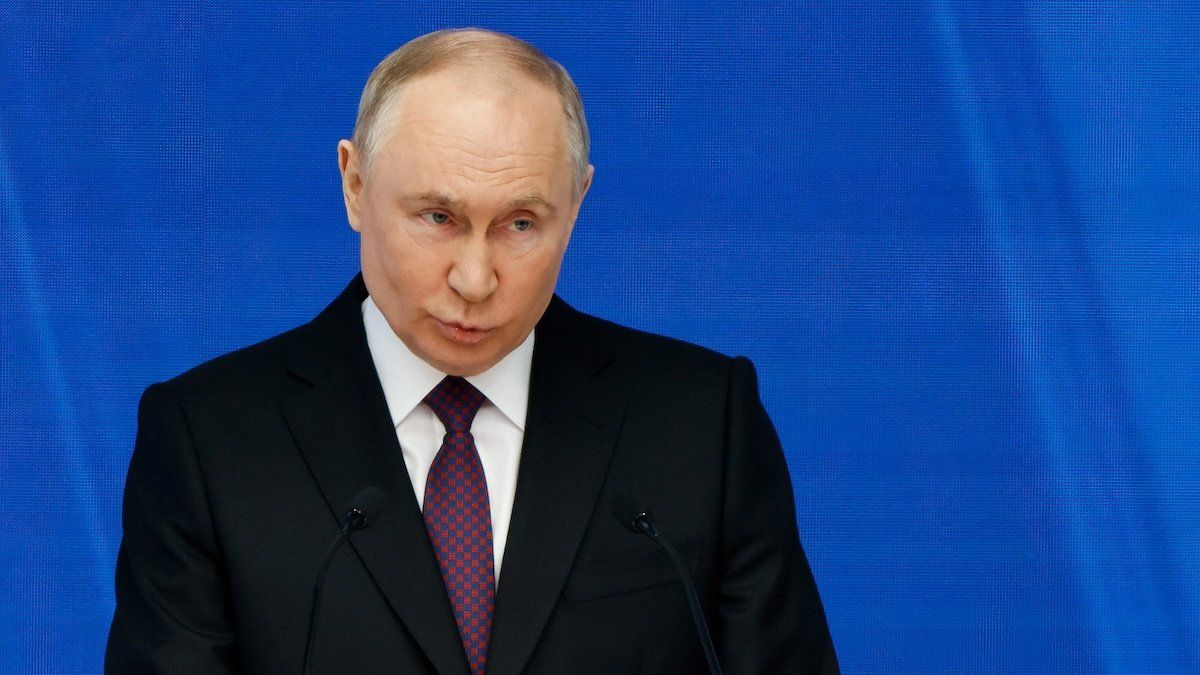Roughly eight months out from the US presidential election, experts are warning that Russian disinformation campaigns against President Joe Biden are already underway. A new NBC investigation alleges the country has begun an effort to undermine Biden’s campaign and erode US support for Ukraine through online attacks by fake accounts and bots.
This marks the third US election in a row that Vladimir Putin is attempting to meddle with.
National security advisor Jake Sullivan earlier this week said that the US is “of course” concerned about potential Russian interference this election cycle. But here’s the big question looming over this issue: How much damage can the Kremlin actually do when the toxic, divisive political landscape in the US is already doing much of the heavy-lifting?
America, you’re not alone: In today’s world, no country is immune to the threat of online disinformation and cyberattacks. Moscow has also targeted Canada.
Last June, Canada’s signals intelligence and communications security agency warned that Russian-aligned actors sought to hack Canadian energy infrastructure. They cited Canada’s support for Ukraine as one reason for the potential attacks. In January, Global Affairs Canada was hacked in an attack similar to a 2022 security breach. Both times, Russia was singled-out as a potential culprit.
An independent review last year found that foreign states tried to interfere in the 2019 and 2021 Canadian elections. The report named Russia, China, and Iran as prime culprits. In the fall, Canada launched a foreign interference commission to assess the extent to which the country’s elections have been targeted, by whom, and to what effect. Its interim report is due a year from now.






